AUGUSTA — Acquitted of murder by reason of insanity in 1970, Donald Beauchene wants to get out of the Riverview Psychiatric Center.
On Tuesday, Associate Supreme Court Justice Ellen Gorman asked the key question: “Is there any way that Mr. Beauchene will ever be released?”
Assistant Attorney General Laura Yustak replied, “Yes.”
She told the six justices hearing oral arguments in Beauchene’s appeal of his denial of discharge from the state mental health hospital in Augusta that Beauchene had to show change and work with his therapists rather than fire them.
The arguments were heard Tuesday at the Capital Judicial Center, where the Maine Supreme Judicial Court began a four-day session in which it will hear appeals in about 20 cases.
“He’s largely the master of his own fate,” Yustak said of Beauchene. “He knows what he has to do.”
Beauchene, now 73, was found not guilty by reason of insanity of the 1969 killing of Bernadine Israelson in Portland, and in September 2016 was denied his latest bid to get out of state’s psychiatric center.
Beauchene, who escaped twice from Riverview’s predecessor, the Augusta Mental Health Institute, spent 15 years in prison in New York for rape and sodomy after his second escape, then five years in a Maine prison for the hospital escape. He has maintained he’s innocent of the New York charges.
Beauchene was not present at Tuesday’s oral arguments.
Beauchene’s attorney, Rory McNamara, said Tuesday that Beauchene suffers from an antisocial personality disorder — not a mental disease or defect — rather than the “explosive personality” argued at the jury trial.
Chief Justice Leigh Saufley suggested the paramount consideration for discharge should be the risk to the community.
“The real question is whether he presents a risk in the community, and every time he has an opportunity to be in the community, he has engaged in violent behavior,” Saufley asked. “Why is that not enough for us to say the risk is real?”
Associate Justice Ellen Gorman, referring to the court’s 2008 order in a previous appeal by Beauchene, said there had been no change in Beauchene since 1970 although there had been changes in law.
“Isn’t the real problem here that Mr. Beauchene convinced a jury that he suffered from a mental disease or defect, and the jury acquitted him on that basis and nothing about his mental health has changed since that acquittal?” Saufley said.
McNamara said Beauchene’s petition for discharge “is a separate proceeding” and that a “fact-finder can find something different than a jury did.”
In his briefs in the case, McNamara also wrote that Beauchene has health problems, including “multiple injured cervical discs” and hernias.
“By all accounts, petitioner has not committed a violent act in approximately 39 years,” McNamara wrote.
He also wrote that Beauchene is unclear about what he has to prove in order to be released and that he has been denied due process.
Yustak said the court could follow its 2008 decision in writing the decision in this case. She also argued that Beauchene has received due process.
“Mr. Beauchene’s condition has not changed,” she said, citing testimony from the 2016 hearing. “The only thing that’s changed are the labels the medical community attaches to that condition.”
She maintained he is still a risk and asked the law court to uphold Justice Robert Mullen’s order keeping Beauchene at Riverview.
The court issues decisions in writing after considering oral arguments and the briefs in the case.
In McNamara’s brief, he writes, “There is perhaps no more infamous an individual in the hospital than petitioner. For years, those who treat and evaluate him have exaggerated (Beauchene’s) criminal past. It is inconceivable that this myth hasn’t influenced providers’ recommendations to the court regarding petitioner’s suitability for discharge or release. Wielding a pliable legal standard, decision-makers had plenty of room to bend the law to meet the facts. Again, this is not due process.”
He asked the law court to “vacate the trial court’s order denying the petition for discharge and modified release treatment.”
Yustak’s brief says, “Beauchene failed to establish that the evidence compels a finding that he can be released or discharged without likelihood of injury to himself or others due to mental disease or defect.”
It noted that three mental health experts testifying in September 2016 said that “Beauchene continues to display essentially the same traits and symptoms identified when he first came into Maine’s criminal justice and mental health systems. His condition has not substantially changed, and his risk of escape and endangering others continues to be significant.”
The state says the circumstances here mimic those at a similar law court review in 2008, when Beauchene previously appealed a denial of discharge. It says Beauchene “has not developed stable relationships with others, as demonstrated by his seven marriages and divorces,” and adds, “Beauchene’s “personality pathology” remains intact, and that he continues to be dangerous and an escape risk.
The Maine Supreme Judicial Court has weighed in numerous times in Beauchene’s case over the years. He has petitioned the federal courts for release as well.
Betty Adams — 621-5631
Twitter: @betadams
Send questions/comments to the editors.


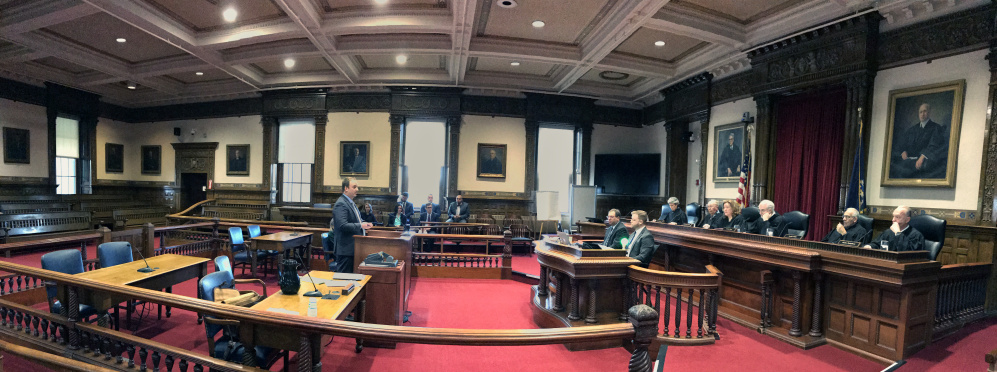
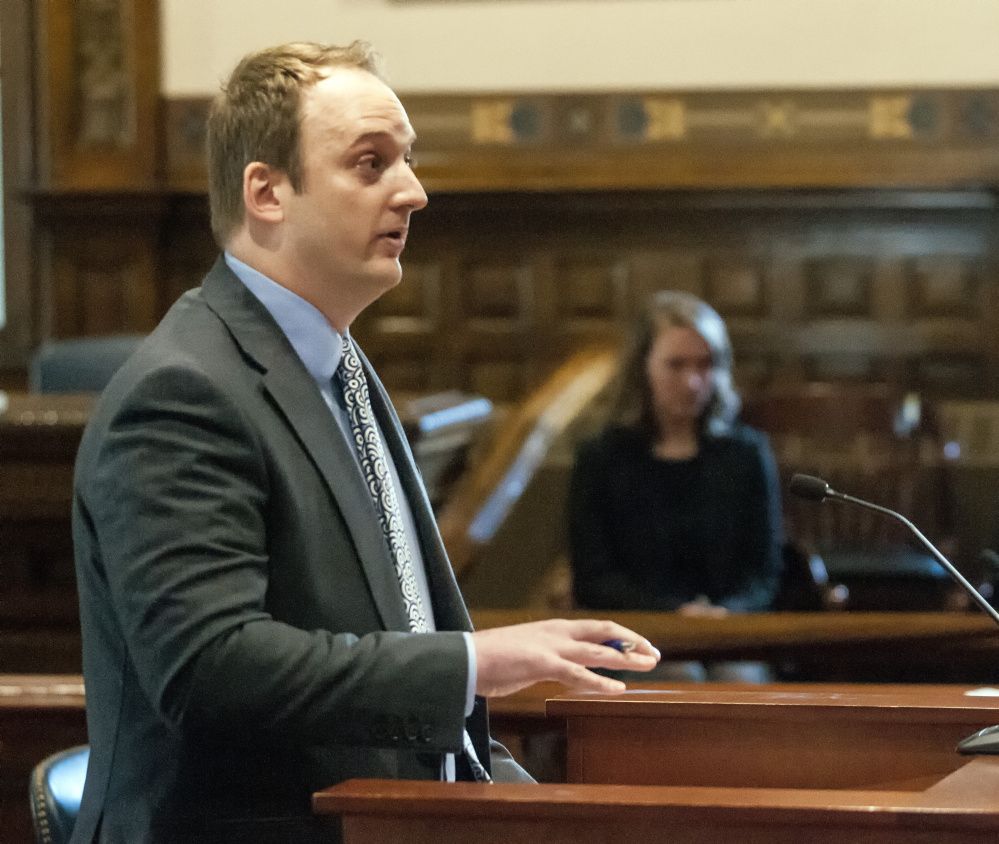

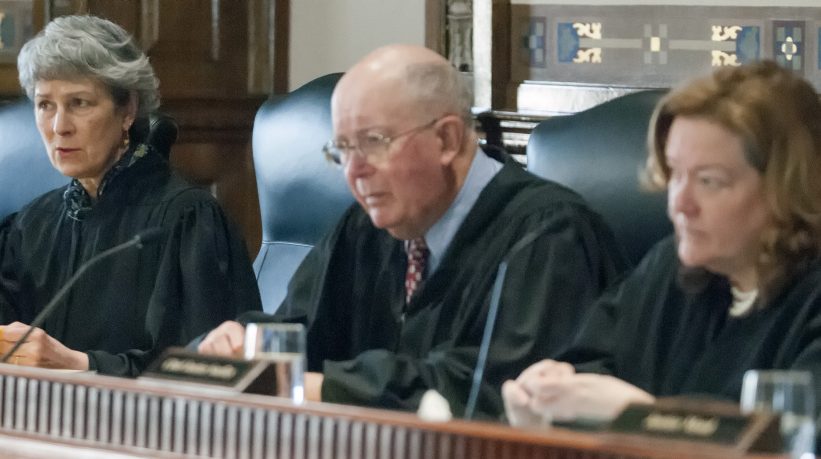
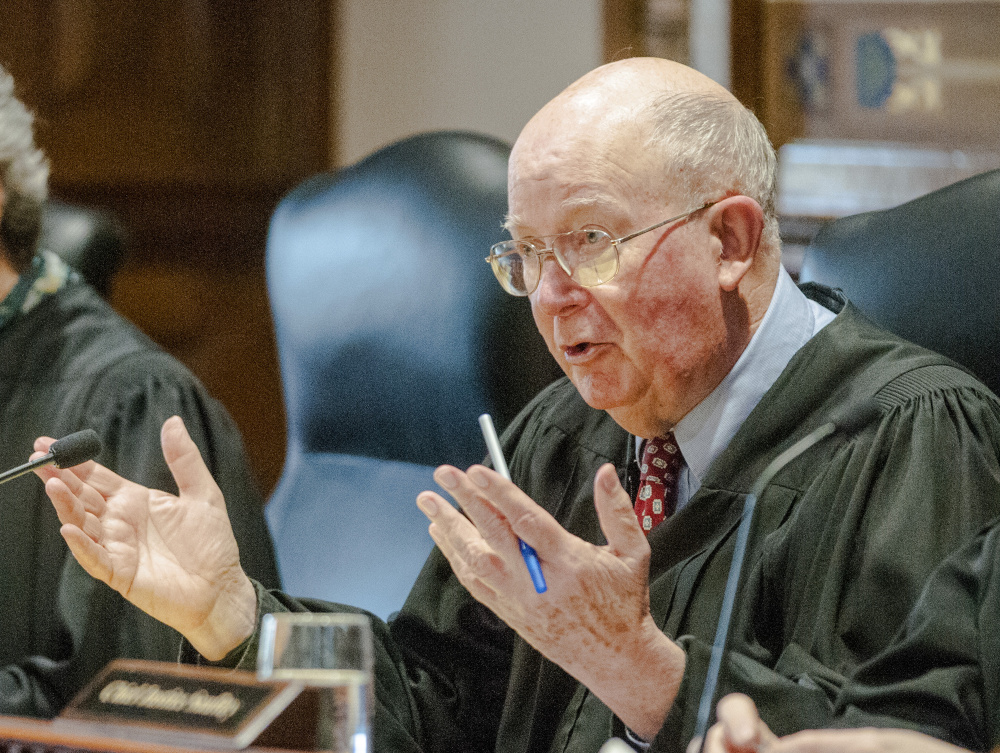
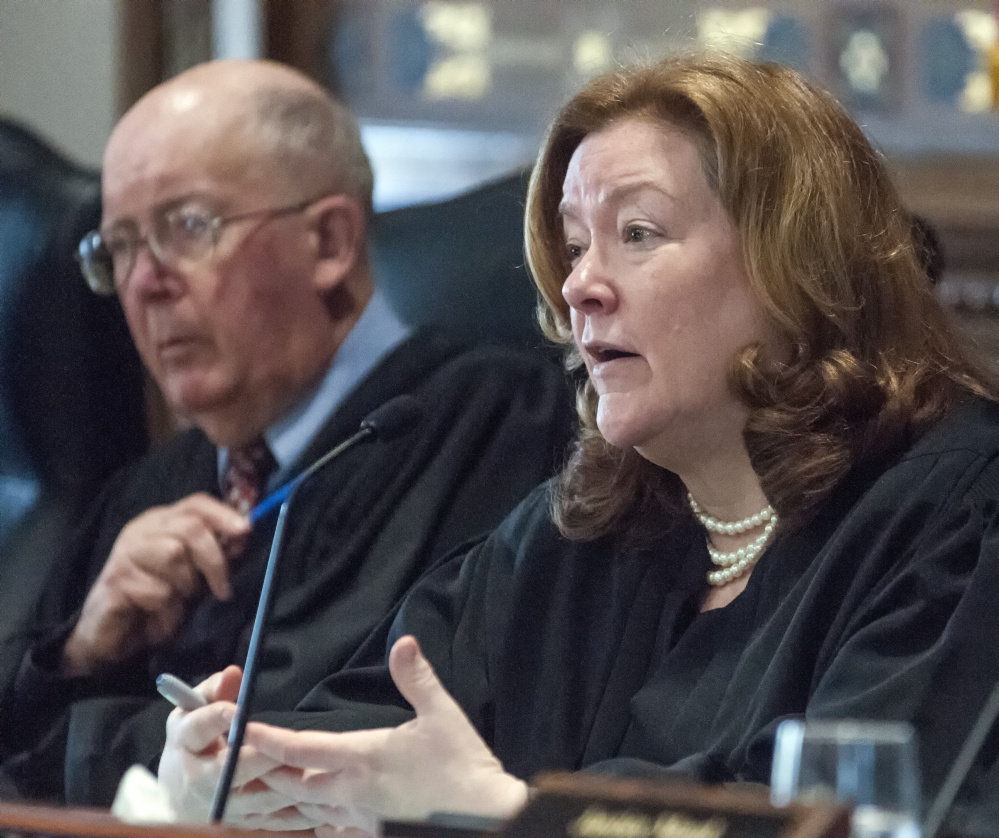
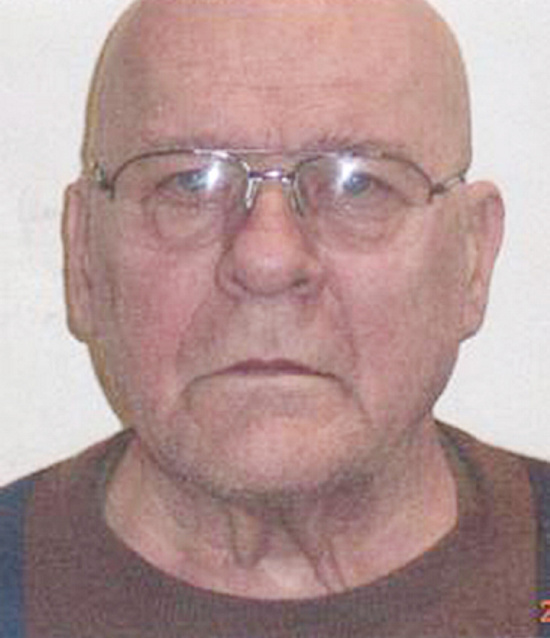

Comments are no longer available on this story